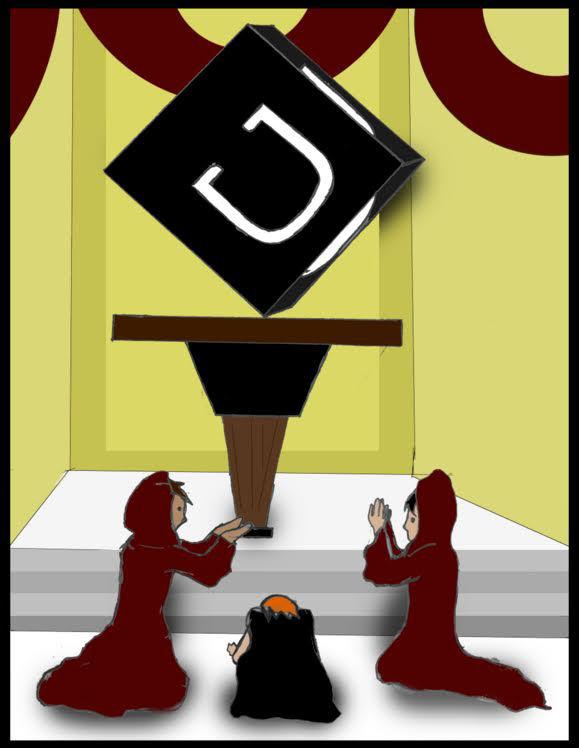Thursday nights through Sunday brunches, people around Baton Rouge consume alcohol and decide whether they will wait the appropriate time to stave off its effects or attempt to make it home safely.
Drunken driving is an unexcusable act, and unfortunately, people still think they can fool police officers.
According to a report from NOLA.com | The Times-Picayune, “Louisiana’s rate of drunk-driving fatalities is the fourth-highest in the country. Nearly half of the roughly 700 fatalities in Louisiana each year are because of impaired driving, compared with one in three nationally.”
Thanks to the diligent work of the Baton Rouge Police Department, between August 2013 and August 2014, 1,087 DUI arrests were made. Contrary to drivers’ beliefs, they are not getting past trained public safety professionals.
Something changed, however, from last August to now, as 893 arrests were made during this period. This is a 17.8 percent drop from the year prior.
This drop directly coincides with the introduction of Uber to the Baton Rouge area.
Uber is a ride-sharing app users can use to plan a trip and pick from a variety of drivers in the area who accepted the fare.
Taxi services functioned in Baton Rouge for many years, but their prices and scope of delivery were not world-renowned. Uber, with a base price of $1.75, $1.35 per mile and $.25 per minute is significantly cheaper than the Yellow Cab of Baton Rouge’s rates.
This is the most enticing reason ridership of the company has risen, along with the novelty of using the app.
Unlike most municipalities, Uber found a soft landing spot in Baton Rouge, as “it was easily approved by the Metro Council.” The only hiccup thus far has been the realization by some patrons that Uber, unlike standard taxi companies, does not submit its drivers to background checks by the police. Background checks are completed by the company, however, through an independent contractor.
As of this June, the company submitted 439 background checks, or the number of cars registered with the company. Additionally, in compliance with the law, “$32,925 [is] paid to the city in permit fees.”
The 21st century eclipsed the 20th, and the economy of old no longer works in today’s world.
The disruption economy uproots traditional modes of thinking about service delivery, democratizes the purchasing power of consumers and automates rudimentary tasks.
This creates more chances for people to connect with one another on deeper levels, while lessening the cost of entrance into these interactions.
Uber drivers, by using their personal cars, foster an artisan appeal transporting people. The idea one can “know” who is taking them around town, leads people to choose to ride in an Uber over a taxi.
The app allows people to have a good time and not feel guilty or even worry about if they will have a sober, safe ride home.
Drinkers cite their favorite drunk songs while stuffing their face with Louie’s at three o’clock in the morning. A new one to add to their repertoire, in Baton Rouge, should be, “Uber here, Uber there, Uber drunk everywhere.”
Garrett Hines is a 21-year-old political science senior from Monroe, Louisiana. You can reach him on Twitter @garrettH_tdr.
OPINION: Uber’s service in Baton Rouge contributes to drop in DWI arrests
November 11, 2015





